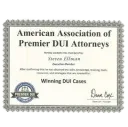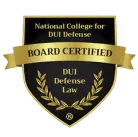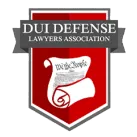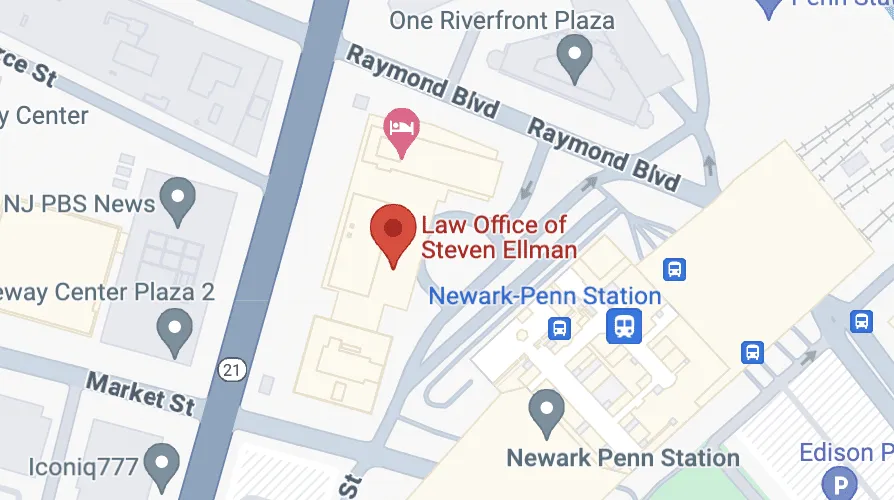
In many states, drinking and driving is a criminal offense. That’s not true for New Jersey. A DWI counts as a traffic offense in the Garden State. That means it won’t go on your criminal record or appear on a background check. Still, a conviction has serious personal, financial, and legal repercussions. Heavy fines, limited driving privileges, and jail time are only a few consequences of a DWI in New Jersey.
Never underestimate the importance of getting legal help if you have been charged with drunk driving. Reach out to a New Jersey DUI defense lawyer from the Law Office of Steven Ellman for a free consultation.
In New Jersey, a driving while intoxicated (DWI) offense occurs when someone operates a motor vehicle with a blood alcohol concentration (BAC) exceeding the legal limit of 0.08 percent. If your BAC is 0.08 or higher, the state considers you too impaired to drive safely.
The blood alcohol content limits are even lower for certain drivers. The allowable BAC for commercial truck drivers is cut in half to 0.04 percent. This lower limit reflects their higher responsibility to other motorists due to the dangerous nature of their larger vehicles and cargo. For drivers under 21, any detectable amount of alcohol in the blood constitutes a DWI offense under New Jersey’s zero-tolerance” policy.
No. In New Jersey, when you get a DWI, it means you’ve violated traffic laws by driving with a blood alcohol concentration (BAC) above the legal limit. However, a DWI conviction does not go on your criminal record.
This distinction is significant. In states where DWI counts as a criminal charge, it goes on your criminal record, which might affect future employment opportunities, housing applications, and more. In New Jersey, while the penalties for DWI are strict and can include fines, license suspension, and possible imprisonment, they do not automatically result in a criminal record.
In New Jersey, DWI convictions carry varying penalties based on BAC level and prior DWI convictions. Below is a breakdown of these penalties:
If your BAC for a first-time DWI is over 0.08 but under 0.10, you could face the following penalties:
Penalties for a first-time DWI with a BAC over 0.10 but less than 0.15 include:
Penalties for a first DWI with a BAC of 0.15 or above include:
For all second-time DWI convictions, penalties include the following:
Penalties for third-time and subsequent DWI convictions include:
All DWI convictions in New Jersey also carry the following penalties:
New Jersey DWI attorneys can be your best allies when you face such severe penalties. It’s wise to consult one before tackling the legal system yourself.
Defense strategies for DWI charges aim to introduce reasonable doubt about the legality of the charge or the accuracy of the evidence. Here are some common examples:
Charged with DWI in New Jersey and unsure of what to do next? Reach out to The Law Office of Steven Ellman for help. We offer free, confidential consultations so you can get the answers you need and explore your options at no charge. Contact us today to get started.
















| Monday | Open 24 hours |
| Tuesday | Open 24 hours |
| Wednesday | Open 24 hours |
| Thursday | Open 24 hours |
| Friday | Open 24 hours |
| Saturday | Open 24 hours |
| Sunday | Open 24 hours |

| Monday | Open 24 hours |
| Tuesday | Open 24 hours |
| Wednesday | Open 24 hours |
| Thursday | Open 24 hours |
| Friday | Open 24 hours |
| Saturday | Open 24 hours |
| Sunday | Open 24 hours |

| Monday | Open 24 hours |
| Tuesday | Open 24 hours |
| Wednesday | Open 24 hours |
| Thursday | Open 24 hours |
| Friday | Open 24 hours |

© 2024 All Rights Reserved. The Law Office of Steven Ellman